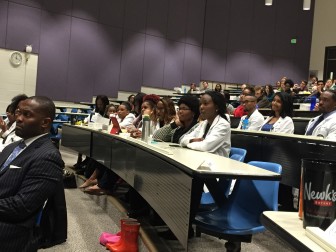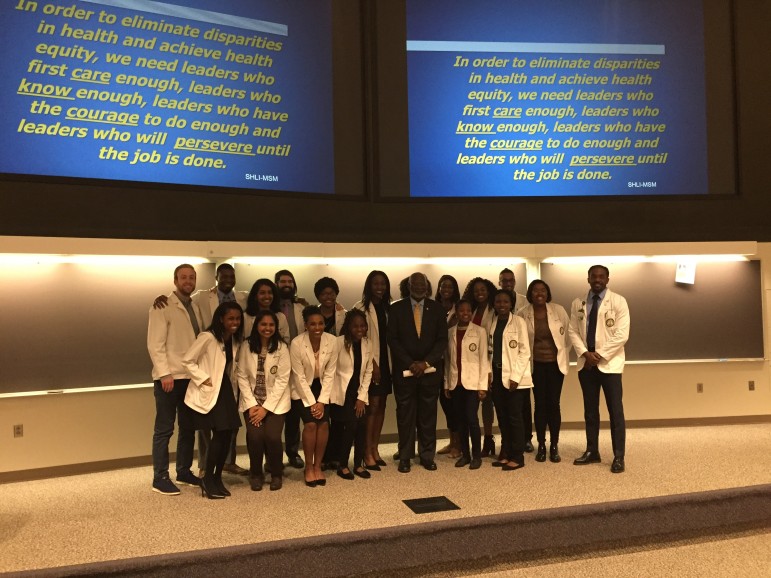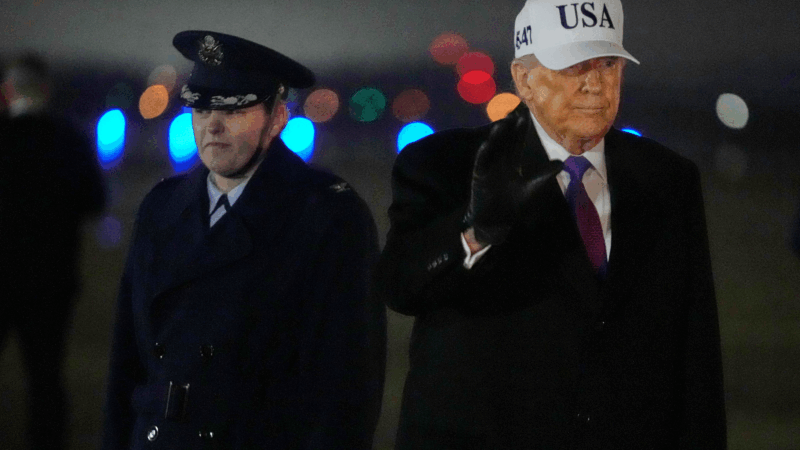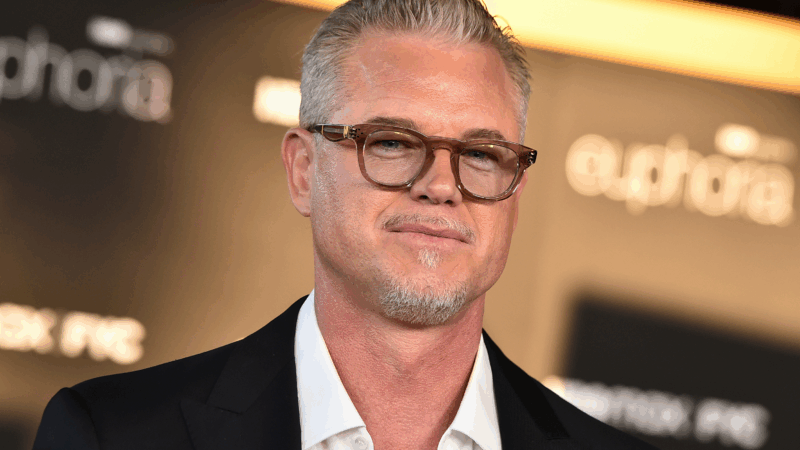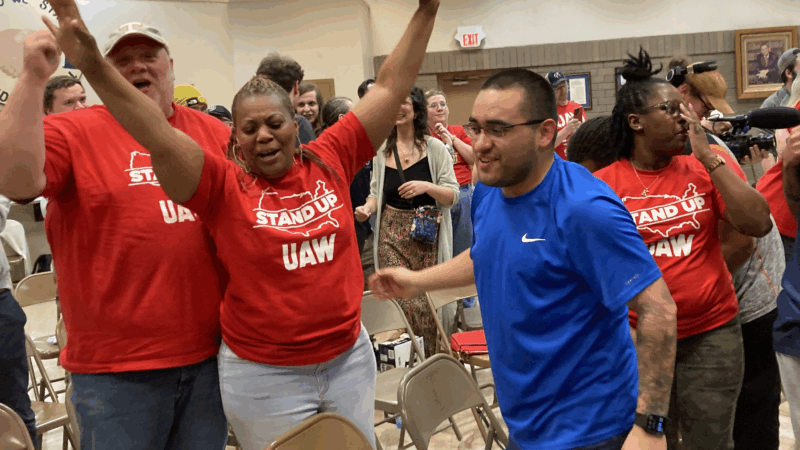Former Surgeon General Satcher to UAB: Take Risks
Former U.S. Surgeon General David Satcher gave a talk at UAB Wednesday about racial and economic disparities in health care and in the opportunities available to minority providers. He spoke to more than 100 medical students and other professionals at the invitation of the Birmingham branch of the Student National Medical Association.
With Black History Month as a backdrop, Satcher pleaded for bold leadership in medicine and explained how his own near-death experience prompted him to take risks over his long career. He said things have improved since blacks couldn’t be admitted to hospitals — let alone be the doctors doing the admitting — but he told up-and-coming doctors that they still need to sacrifice.
“You’ve got to find something that you stand for, that you believe in, and that you’re willing to take risks for,” he said. “I quote Martin Luther King: ‘until a person finds something for which he or she is willing to die, you’re not fit to live.’”
He said that’s true whether you’re treating underserved populations or advocating for better healthcare in the political arena, which affects any nation’s health. He said that’s why he founded the Satcher Health Leadership Institute in 2006.
Satcher has spent his career working for people who aren’t well-served by the health care system. His motivation goes back to 1940’s Anniston, where as a toddler he almost died of whooping cough and pneumonia. But a black doctor came to his parents’ farm.
“I wouldn’t wish on anybody a near-death experience like I had. But I do know whatever happens to you can be the basis for great things in the future. He saved my life, and as a result, I made a commitment to him, but [also] to myself and others.”
Satcher has also worked to destigmatize mental illness and addiction.
Trump says he doesn’t know if aliens are real but directs government to release files on UFOs
President Donald Trump said Thursday that he's directing the Pentagon and other government agencies to release files related to extraterrestrials and UFOs because of "tremendous interest."
Trump warns of ‘bad things’ if Iran doesn’t make a deal, as second U.S. carrier nears Mideast
Iran held annual military drills with Russia on Thursday as a second American aircraft carrier drew closer to the Middle East.
Eric Dane, ‘Grey’s Anatomy’ star and ALS awareness advocate, dies at 53
Eric Dane, the celebrated actor best known for his roles on "Grey's Anatomy" and "Euphoria" and who later in life became an advocate for ALS awareness, died Thursday. He was 53.
Venezuela approves amnesty that may release of hundreds detained for political reasons
Venezuela's acting president has signed into law an amnesty bill that could lead to the release of politicians, activists, lawyers and many others. The approval marks a stark turn for the nation.
In a historic vote, Tennessee Volkswagen workers get their first union contract
Two years ago, the successful union drive at this plant was expected to spark victories throughout the South. But now, as members vote to make their contract official, momentum has fizzled.
NASA chief blasts Boeing, space agency for failed Starliner astronaut mission
NASA's Jared Isaacman slammed Boeing for failures with its Starliner spacecraft, which was deemed unsafe to return its crew of two astronauts from the International Space Station

